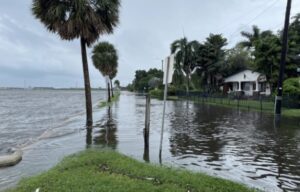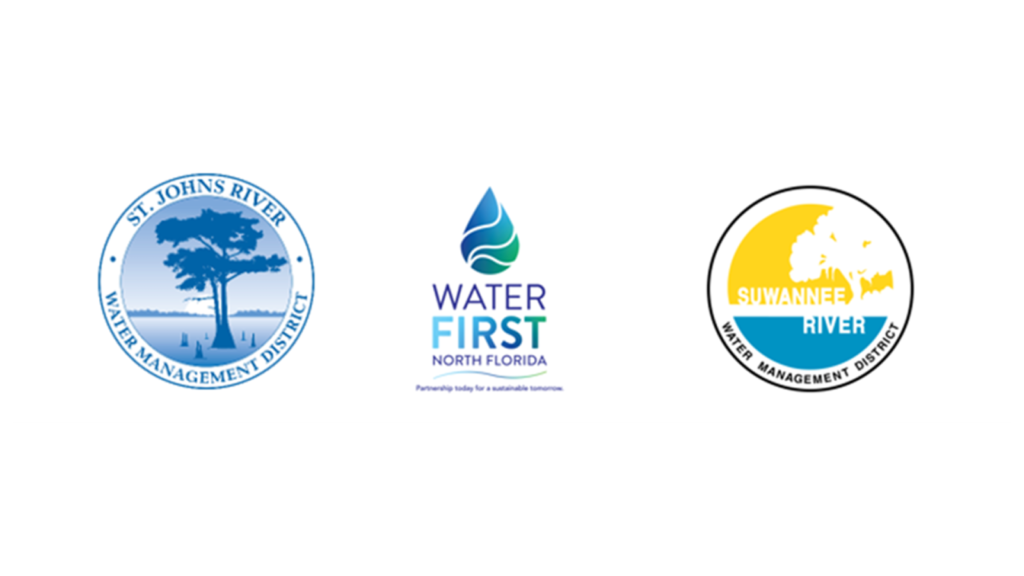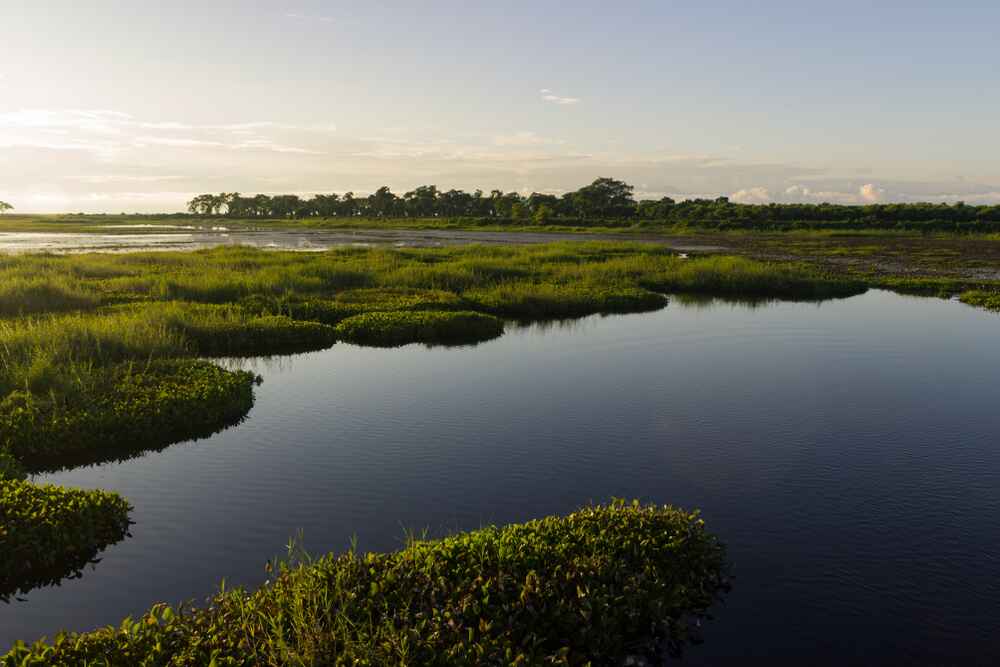By Lina Alfieri Stern

TEXAS
Multinationals Sign Texas Solar Energy Power Purchase Agreements
Fujifilm and Bristol Myers Squibb have signed power purchase agreements (PPAs) for Texas solar power projects. Fujifilm has entered into a 15-year agreement with a solar project in Pecos County, Texas, that will supply renewable energy to power its manufacturing facility in Mesquite. The solar project will have a capacity of 55 MW. Bristol Myers Squibb, a pharmaceutical company, has signed a 12-year PPA for a 35 MW solar project in Milam County, Texas. The solar power will be used to offset the electricity consumption of the company’s manufacturing facility in Humacao, Puerto Rico. These agreements are part of the companies’ efforts to transition to clean energy sources and reduce their carbon footprint.
Learn more here: renewablesnow.com.
Geothermal System Planned For Lackland Air Force Base
Joint Base San Antonio, a U.S. Air Force-led logistics and supplies organization supporting three military installations and an Army training range — Randolph AFB, Lackland AFB, the Army’s Fort Sam Houston and Camp Bullis — is planning to develop a geothermal energy system as a way to secure its energy supply without contributing to climate change. The geothermal system would provide a “redundant” power supply in case of grid failure or sabotage. It would reduce fossil fuel consumption and shrink the Defense Department’s carbon footprint. The system, which could be operational in three to five years, would leverage the underground heat profile of the Lackland Air Force Base in San Antonio. Feasibility studies and testing will be conducted over the next few years before deciding on a full-scale geothermal plant. Learn more here: houstonchronicle.com.
Federal Tracks In Gulf Of Mexico Designated For Wind Power
The Biden Administration has designated four tracts of federal waters in the Gulf of Mexico for wind energy development. These areas, located off the coasts of Texas and Louisiana, have been identified as suitable for generating wind power. The Bureau of Ocean Energy Management (BOEM) plans to issue a formal notice for a proposed lease sale after a 60-day public comment period. The newly designated areas have the potential to generate enough wind power to supply electricity to millions of homes. The development of offshore wind power in the Gulf of Mexico aims to strike a balance between responsible development and minimizing conflicts with other ocean uses and marine life. Learn more here: neworleanscitybusiness.com.
Methane Reduction Regulations Announced
The Biden Administration has implemented a new regulation to reduce methane emissions from oil and gas operations in Texas. Methane is a potent greenhouse gas that contributes significantly to climate change. The regulation, announced at the United Nations climate summit, aims to combat methane emissions, which have been increasing in recent years. The rule requires companies to reduce methane leaks from their equipment and phase out routine flaring of natural gas. Major oil and gas companies, including Exxon Mobil and Shell, have also committed to achieving net-zero emissions by 2050 and reducing methane emissions in their operations. While some industry groups are still reviewing the regulation, the American Petroleum Institute expressed a shared goal of reducing methane emissions. The implementation of this regulation is seen as a significant step in addressing climate change and protecting the environment. Learn more here: texastribune.org.
LOUISIANA
First Offshore Wind Farms in Louisiana Greenlighted
Two foreign companies, Danish firm Vestas and Mitsubishi-owned Diamond Offshore Wind, have signed agreements to build the first offshore wind farms in Louisiana waters. The state Department of Natural Resources granted Vestas nearly 60,000 acres off Cameron Parish, while Diamond Offshore Wind was approved for a 6,162-acre area off Terrebonne and Lafourche parishes. Louisiana Governor John Bel Edwards views these agreements as a significant step in diversifying energy production in the Gulf of Mexico beyond oil and gas. While specific details about the wind farms have not been disclosed, Louisiana’s existing infrastructure and expertise in supporting offshore oil and gas make wind energy projects a natural fit for the state. These projects have the potential to benefit from established transportation, fabrication, and engineering capabilities, while also creating new job opportunities. The agreements with Vestas and Diamond Offshore Wind feature different payment structures, and the wind farms are expected to contribute to Louisiana’s goal of achieving net zero carbon emissions by 2050.
Learn more here: nola.com.
Ammonia Chemical Facility Suspends Planned Project
American Plant Food Co., through its local entity APF River Partners, has announced the suspension of its plans to build an ammonia plant in Jefferson Parish, Texas. The decision came just before a scheduled vote on a tax break that would have subsidized the project. The proposed Cornerstone Chemical facility faced opposition from residents concerned about environmental risks and the company’s changing promises regarding job creation. APF cited global economic and political factors, including increased risk and capital costs, as reasons for pausing the project. They expressed hope to restart it in the future if financials and economic conditions improve. APF also withdrew its application for a $3.6 million annual property tax break under Louisiana’s Industrial Tax Exemption Program. If the project is revived later, the company will need to go through the application process again. Learn more here: neworleanscitybusiness.com.
Chinese EV Battery Materials Manufacturer to Invest in Ascension Parish
Capchem Technology USA, a subsidiary of Shenzhen Capchem Technology Co., is considering investing $350 million to build an integrated carbonate solvent and lithium-ion battery electrolyte manufacturing facility in Ascension Parish, Louisiana. This facility would be the largest of its kind in the United States and would cater to the electric vehicle (EV) battery sector. Although no official commitment has been made, the company anticipates creating 95 new full-time jobs with competitive salaries. The proposed facility would have the capacity to produce 200,000 tons of solvent and 100,000 tons of electrolyte annually. Construction is estimated to begin in 2025 and conclude in 2028, pending commercial agreements and regulatory approvals. Louisiana has offered tax breaks and incentives, including a $2 million performance-based grant and participation in the state’s Industrial Tax Exemption Program and Quality Jobs tax credit program. Learn more here: neworleanscitybusiness.com.
Tickfaw Manufacturer Plans Expansion
MKS Plastics, an industrial pail manufacturer, is planning to invest $14 million to double the size of its production facility in Tickfaw, Louisiana. The expansion will add 48,000 square feet to the facility, creating 20 new direct jobs and approximately 100 construction jobs. Additionally, it is expected to generate another 34 indirect jobs. The project includes the installation of 14 new injection molding machines and related equipment. The expansion is scheduled to be completed by the end of 2024. As a support, the state has offered MKS Plastics a $1.49 million performance-based forgivable loan for rail spur infrastructure improvements. Learn more here: nola.com.
Green Hydrogen Company Eying Port of New Orleans Location
FusionOne, a company that converts plastic waste and used tires into green hydrogen, is planning to invest $100 million to build processing plants in New Orleans and Iberia Parish, Louisiana. The facilities would create 250 jobs and could be operational by early 2025. FusionOne aims to make a final investment decision by the end of the first quarter of 2024. The company is seeking state incentives, including a property tax abatement under the Industrial Tax Exemption Program and a Quality Jobs tax rebate. The larger facility at the Port of New Orleans would create 130 jobs and cost over $42 million, while the smaller facility at the Port of Iberia would create 119 jobs and cost $35 million. Learn more here: nola.com.
Avondale Shipyard Sale Delayed
The Port of South Louisiana’s plans to purchase the Avondale Shipyard site for military vessel construction have been delayed. The port intended to buy the shipyard from the current owner, T. Parker Host, but faced questions from the state Bond Commission regarding Host’s revenue at Avondale in previous years. The proposed purchase requires more than $400 million in public financing. The port CEO announced the delay to consider the commission’s concerns and analyze the modified agreement with Host. The port’s application to the Bond Commission has been put on hold until further notice. Avondale was purchased by Host for $60 million, with an additional $90 million invested in remediation and infrastructure improvements. However, the site has struggled to attract long-term tenants to its industrial park space. Learn more here: neworleanscitybusiness.com.
MISSISSIPPI
New Methane Gas Plant Planned In Central Mississippi
The Tennessee Valley Authority (TVA) intends to construct a methane gas plant in central Mississippi, marking the eighth proposed fossil fuel plant in three years. The planned facility will be a gas combustion turbine plant capable of generating 500 megawatts of electricity. The project will be located on a brownfield site, managed by TVA in Lowndes County, that was previously home to a gas plant. TVA plans to utilize the existing gas and transmission infrastructure. The utility argues that the new gas plant will address rising electricity demand, decarbonization, and reliability concerns. However, recent research has raised concerns about the climate impact of methane gas due to methane leaks. Additionally, TVA has faced challenges with the reliability of its gas plants, as evidenced by blackouts during severe weather events. Critics, including federal officials and environmental organizations, have expressed reservations about TVA’s focus on methane gas projects and have called for greater consideration of renewable options. The public can provide comments on the proposed project until January 19. Learn more here: wpln.org.
Gulfport Military Facility Construction Challenged
Residents of North Gulfport, Mississippi, are opposing the construction of a military storage facility due to concerns about contaminated property and the destruction of wetlands that protect against flooding. The Mississippi Court of Appeals heard oral arguments regarding the case, which dates back to 2019 when the state’s environmental permit board approved the project. The residents argue that the permit board failed to consider the potential contamination risks posed by storing explosive ammunition at the facility. They also oppose the project because it would involve filling in over three acres of wetlands. The proposed site was previously contaminated by a fertilizer company, and a remediation plan was implemented in 2009. The residents argue that the permit board did not adequately assess the environmental risks associated with the project. Learn more here: mississippitoday.org.
JXN Water Proposes Tiered Billing
Jackson’s water system, managed by a third-party called JXN Water, has introduced a proposed new tiered billing system. The system aims to raise rates for most residents in the city while reducing bills for low-income residents. The change is intended to create a steady funding stream for the city’s infrastructure. The new system, set to begin in 2024, would increase water and sewer bills for most customers, except for those enrolled in the Supplemental Nutrition Assistance Program (SNAP). Most customers would see a monthly increase of about $10, while most SNAP recipients would see their bills decrease by around $20. JXN Water’s plan will go before the Jackson City Council for approval, but they have the authority to implement it even without council approval. The proposed tier for SNAP recipients would be the first of its kind in the country. Learn more here: mississippitoday.org.
ALABAMA
Pellet Manufacturer Faces Opposition
Enviva, the largest wood pellet producer, has applied for a clean energy tax credit to build a new plant in Epes, Alabama. Wood pellets produced at the plant would be shipped overseas for use in power plants. However, critics argue that burning wood pellets for energy does not effectively reduce greenhouse gas emissions and may even emit more carbon dioxide than coal-fired power plants. A coalition of environmental groups has sent a letter urging the Department of Energy to reject Enviva’s request and exclude pellet mills from the program. Similar pellet mills in the South have faced complaints of pollution and environmental injustice. The wood pellet market has grown due to subsidies in the European Union and some Asian countries, but the effectiveness of biomass as a renewable energy source is debated. Several studies suggest that burning wood for energy releases more CO2 than burning coal, and it would take a long time to recapture the emitted carbon. Learn more here: al.com.






















